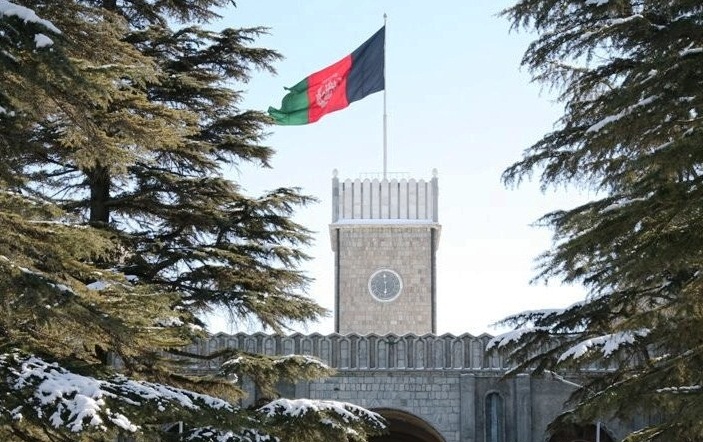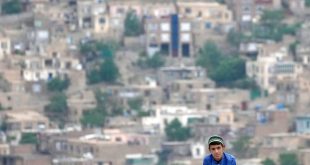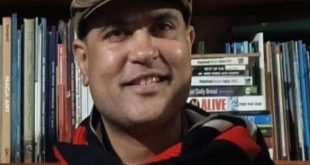Deadline for the parliamentary election is fast approaching, but the government is yet to device a mechanism to counter the delay or come up with a better solution. The Wolesi Jirga members would complete their term this June. At the end of this month, the Wolesi Jirga will lose its legitimacy if the poll was delayed. Power and legitimacy are interconnected. Therefore, if the legitimacy is lost, the lawmakers could not approve or draft laws. Multilateral and bilateral agreements are no exception, because the Constitution is very clear in this regard. Indeed it is the biggest worry of the legislators. That’s why they times and again urged the National Unity Government (NUG) to avoid any delay in the parliamentary election. The other day’s session of the Wolesi Jirga was a part of this ceaseless series. The lawmakers prodded the government again for emergency basis reforms in the electoral bodies, but this time more eloquently and in convincing way.
As after June 22 the Wolesi Jirga will lose legitimacy, therefore, very limited options are left. One of the options is to hold the election as per the schedule outlined by Article 83 of the Constitution. This is the most favorite option. However, it is not viable as reforms and preparations are not in sight and the government has almost run out of time. Another option is to convene the Loya Jirga and bring amendments in the Constitution. The Loya Jirga could also be helpful in sanctioning the current government. The sooner the fate of the NUG is decided is better. Last but far from least, the government could conduct the election in different phases, very likely on zonal-basis. This option will open a time window for the authorities to complete the arrangements in easy and small steps rather than mobilizing a whole force of the electoral commissions and state machinery. It will also calm the growing frustration among public and lawmakers alike. Till oath-taking ceremony of the elected MPs, the Wolesi Jirga should be barred from drafting and approving laws and international agreements.
There is no other and better solution except conducting polls on time, because overhauling of the electoral bodies is a lengthy and time consuming process. Reforming institutes, particularly those enjoying autonomous status, is not a child’s play. It will not be a good decision to wait till reforms take place because the country is passing through critical juncture. Furthermore, it will also erode public trust as many people are already convinced that democracy in the country is reshaping. They believe that democracy would be converted into plutocracy, if the parliament continued to work. Public concerns could not be ignored for too long, especially at such time when they are already fed up with disappointing performance of their representatives in the parliament.
 Afghanistan Times
Afghanistan Times


